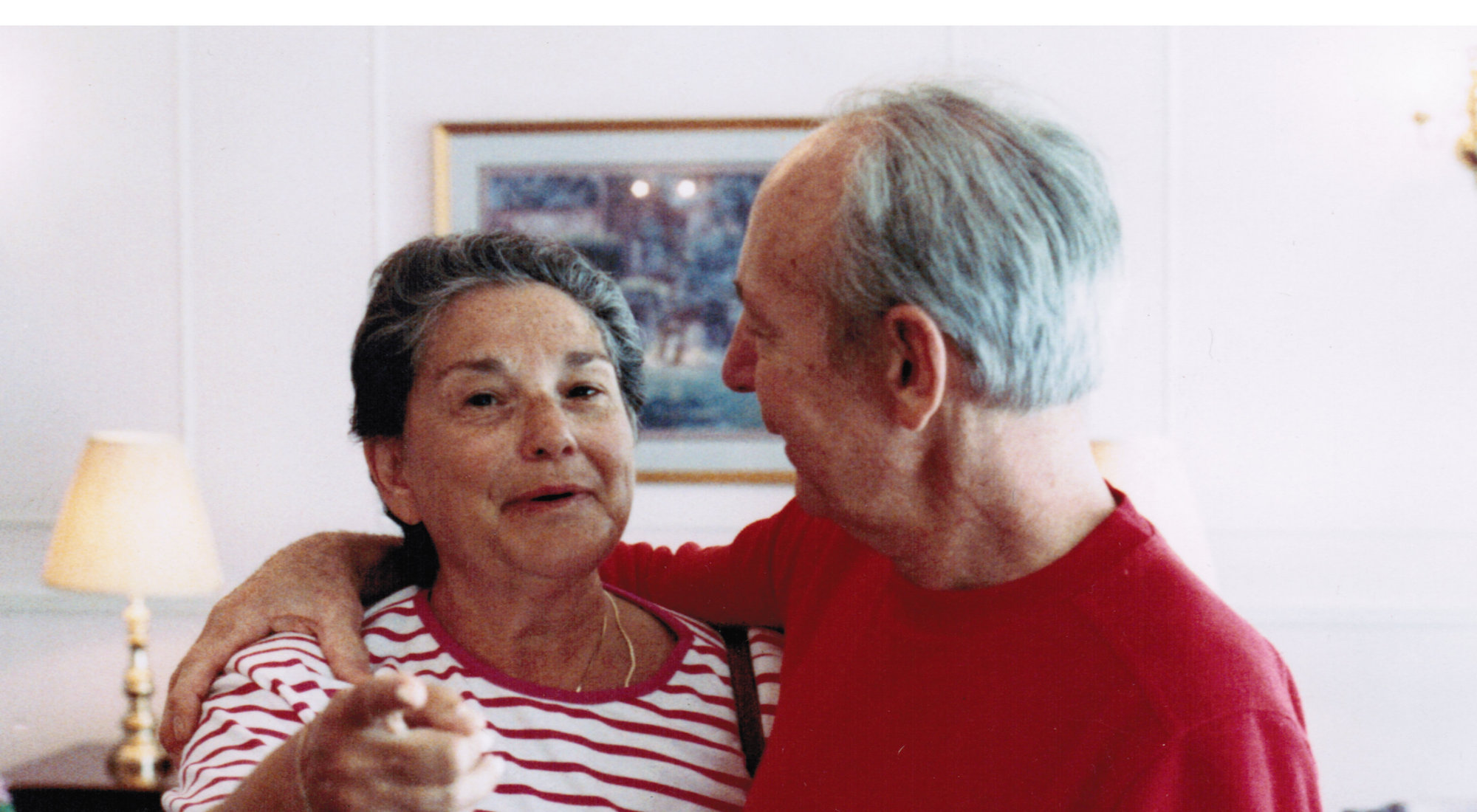The Washington Post recently published “How a ‘kindness contagion’ improves lives, especially now” by Steven Petrow. It is well worth reading and can be found at https://www.washingtonpost.
The piece highlights research that identifies the power of kindness; specifically how it makes the person who is kind feel good, and how acts of kindness tend to be performed by others who witness such an act.
This resonates powerfully with both the Montessori Alzheimer’s Project (MAP) program, and with the Montessori approach in general.
Kindness is a principle that permeates the Montessori Alzheimer’s Project. It is the foundation for the environment needed to care for a person with dementia. MAP guides caregivers in techniques that help enhance that fundamental quality of caregiving. These techniques put our loved ones at ease, removing the sense of being tested or of not being capable any more.
The act of preparing a more appropriate environment for a person with dementia, another key MAP (and Montessori) principle, is an expression of genuine kindness that leads to that person being more relaxed and more functional at home. It is kind to shift the environment so as to limit the likelihood of disorientation so that this person can take part in day-to-day life tasks, it is a way to smooth the path of the life for our loved ones.
Kindness is a phenomenon that Montessori observed in very young children who were present in some of her first experimental classes. She describes, for example, a child who had received a “medal” for good behavior taking that award from around his own neck, and placing it around the neck of another child who was unhappy, in an effort to cheer this friend up.
Recently, when I was consulting in a Montessori elementary classroom, one of the children spilled a Montessori Stamp Game onto her floor mat. The small, stamp-sized pieces spread themselves across the mat and onto the floor in a multi-colored jumble. Immediately, five children left what the were doing and hurried over to help her to put everything back into order. Two or three other children moved to do the same thing, but observed that there was enough help already on hand, and so moved back to what they were doing.
Acts of kindness like this, acts of helping and caring for one another, occur constantly and spontaneously in Montessori communities of children. It is important to encourage and celebrate that same energy in adult interactions, and in particular when dealing with dementia.
Instead of responding with angerat what we perceive to be negative behavior, kindness allows us to instead respond with calm, with focused observation. In doing so, we are offering support to one in need.
In the face of constantly eroding faculties and abilities, a variety of new behaviors emerge, some of which can easily be misinterpreted as negative when in fact they not intentionally so. Observe and contemplate some of the behaviors, such as when the same question being asked again and again for example, or angry/seemingly thoughtless words directed towards family members or the primary caregiver. You will likely find that there is a subtext that is not negative at all – rather the behavior is expressing something the individual is no longer able to express directly.
Kindness encourages us to accept our adults with dementia as they are now. It is important to recognize that these new behaviors, which may be annoying or upsetting to us, are what our loved one is capable of at this time. It is up to us to offer warmth through the fog of their dementia.
They ask the same questions because their don’t remember that the question has already been answered. They use angry or seemingly thoughtless words because they are frightened and frustrated. They may not remember so well anymore, but they understand they are no longer able to do what was once very easy for them.
When we as caregivers understand this, our hurt and impatience tends to melt away. Responding with kindness and acceptance is how we dissolve our negative responses of impatience and anger.
